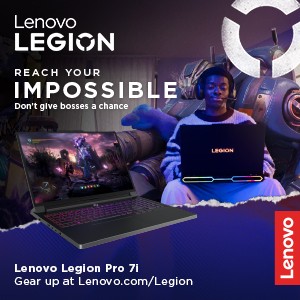The fast-food giant’s decision to scrap its One Piece promo campaign highlights the toxic side of collectible culture and the unintended consequences of artificial scarcity.
McDonald’s Japan made headlines this week for an unusual reason: canceling a promotion before it even began. The planned One Piece Happy Set campaign, scheduled to launch August 29th, was scrapped following the chaos that erupted during their recent Pokémon collaboration—a fiasco so notorious it earned the nickname “Unhappy Meals” online.
The Pokémon Pandemonium
The Pokémon promotion should have been a win-win: kids get their favorite franchise cards with their meals, McDonald’s sees increased sales, and families enjoy a fun dining experience. Instead, it devolved into something resembling a Black Friday stampede, with long queues snaking around restaurants, bulk buyers clearing out inventory, and—most disturbingly—piles of uneaten food being discarded as resellers stripped the toys and threw away perfectly good meals.
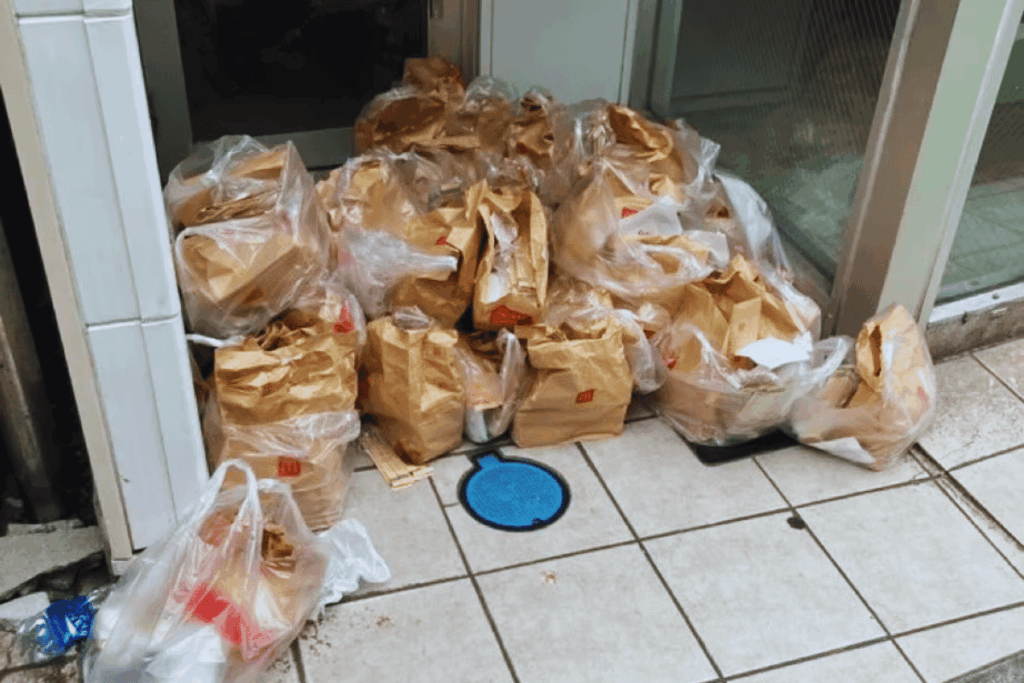
This wasn’t McDonald’s Japan’s first rodeo with promotional disasters. Their Chiikawa manga collaboration faced similar resale chaos, suggesting a pattern rather than an isolated incident.
The Economics of Artificial Scarcity
What we’re witnessing is artificial scarcity weaponized by secondary markets. Limited-edition collectibles create a perfect storm: genuine fans desperate to complete their collections, opportunistic resellers seeing dollar signs, and a corporation inadvertently enabling food waste on a massive scale.
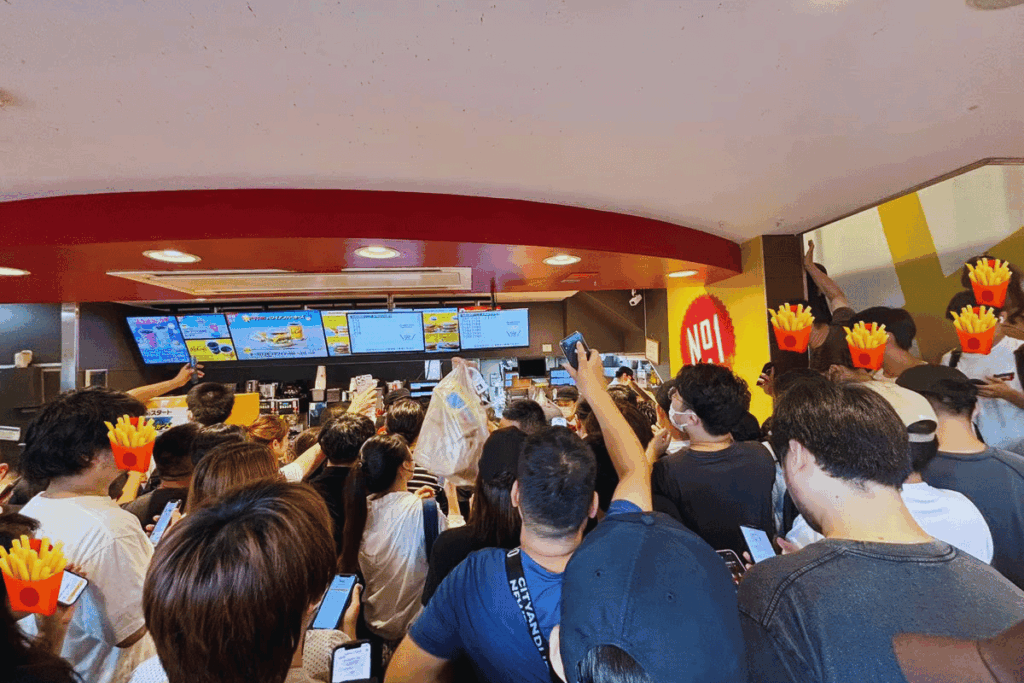
The economics are simple but perverse. A Happy Set meal costs around 500 yen, but the exclusive cards can resell for thousands on platforms like Mercari and Yahoo Auctions. When the profit margins are that extreme, bulk buying becomes inevitable—regardless of how much food gets wasted in the process.
More Than Just Fast Food
This incident exposes uncomfortable truths about modern collectible culture. What began as innocent childhood joy—trading cards with friends, completing sets, treasuring special items—has morphed into a speculative marketplace where scalpers treat every limited release as a commodity to be flipped.
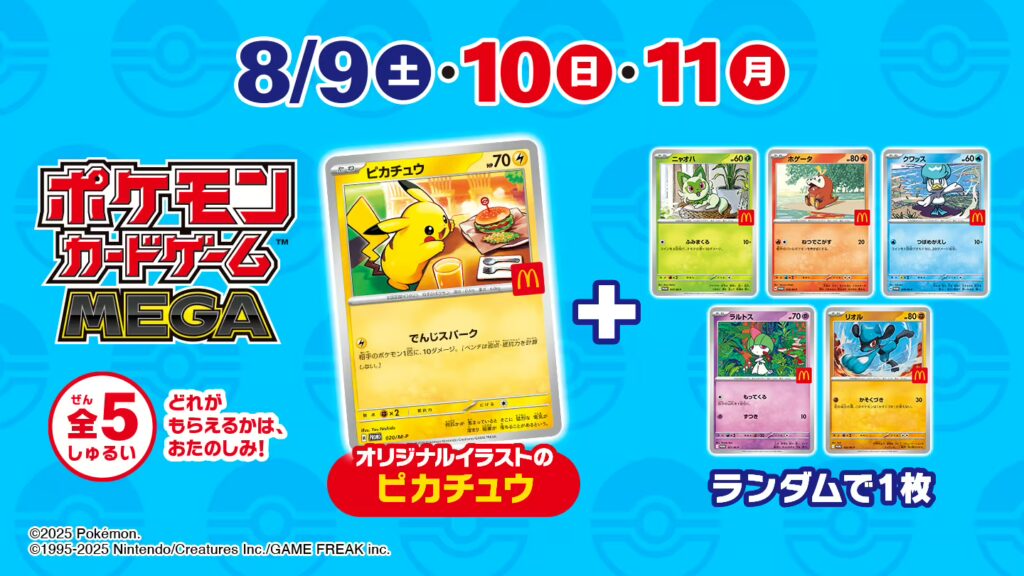
The environmental impact is staggering. Imagine thousands of Happy Set meals, purchased solely for their promotional items, ending up in garbage bins across Japan. This isn’t just wasteful; it’s a perversion of the entire concept of a “Happy Meal” designed to bring families together over food.
McDonald’s Dilemma
McDonald’s Japan finds itself in an impossible position. Promotional tie-ups with beloved franchises like Pokémon and One Piece are marketing gold—they drive traffic, create buzz, and typically boost sales. But when these campaigns spiral into chaos that contradicts the company’s family-friendly image, the cost-benefit calculation shifts dramatically.
The decision to cancel the One Piece promo wasn’t just about avoiding another PR nightmare. It was an acknowledgment that their current promotional model is fundamentally broken when faced with determined resellers and speculative buying.
A Cautionary Tale for the Industry
This story extends far beyond McDonald’s Japan. Every company running limited-edition promotions—from gaming companies dropping rare skins to toy manufacturers with “chase” variants—should pay attention. When artificial scarcity meets secondary markets, the original intent of creating joy and engagement gets lost in a feeding frenzy of speculation and waste.
The solution isn’t necessarily to abandon promotions altogether, but to fundamentally rethink how they’re structured. Perhaps longer campaign periods, purchase limits per customer, or digital alternatives that eliminate the physical waste factor.
The Real Victims of the Cancelled One Piece Promo
Lost in all this chaos are the genuine fans—kids who genuinely wanted One Piece cards with their meals, families looking forward to a fun dining experience, and collectors who appreciate items for their personal value rather than resale potential. McDonald’s Japan’s decision to cancel the promotion means these legitimate customers are denied their experience because of bad actors gaming the system.
Looking Forward
The “Unhappy Meals” saga serves as a wake-up call for the industry. As collectible culture continues to grow and secondary markets become more sophisticated, companies need to build safeguards that protect both their brand values and their intended customers.
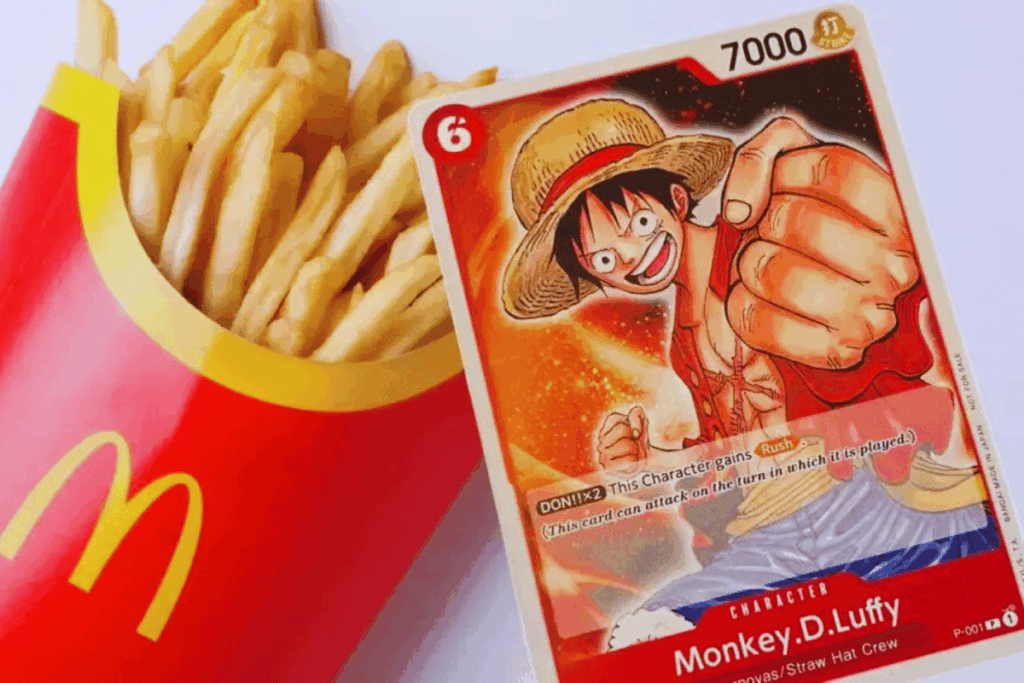
McDonald’s Japan’s quick decision to cancel the One Piece promo shows they’re learning from their mistakes. The question now is whether other companies will heed this warning before they face their own promotional meltdowns.
Sometimes the best promotion is the one you don’t run—at least until you figure out how to run it right.
Be sure to check our VRSUS Facebook page for more pop culture, gaming, and tech news!
Read More:
Dexcon Peksman Promises Three Days of Wrestling Excellence in Manila – VRSUS
There’s A Brand New Gundam TCG Available Now And You Should Play It – VRSUS




